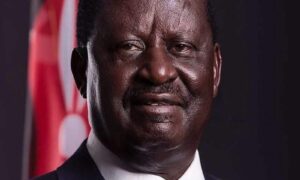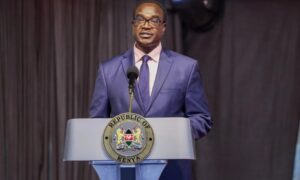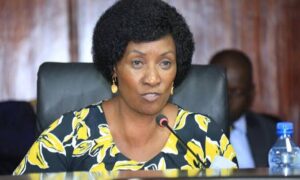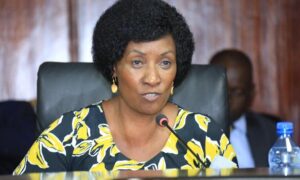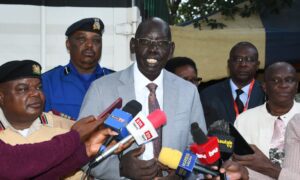In Kenya’s political landscape, excuses have become the currency of governance. Under President William Ruto’s administration, the pattern is unmistakable—every year, a new scapegoat is found to deflect from systemic failures. But how long can a government evade accountability before citizens demand real solutions?
The Relentless Cycle of Excuses
Pauline Njoroge, a digital strategist once aligned with Kenya’s ruling party, recently took to X (formerly Twitter) to voice what many Kenyans have observed: the Ruto administration has mastered the art of shifting blame rather than solving problems.
Her post outlined a clear trajectory:
- 2022: The government blamed former President Uhuru Kenyatta for every economic and governance failure.
- 2023: The focus shifted to Raila Odinga and the Luo community, accusing protests of derailing development.
- 2024: The Ford Foundation and Gen Z demonstrators were suddenly the problem.
- 2025: Now, parents are being accused of failing to raise their children “properly.”
This pattern raises a critical question: If everyone else is at fault, when does the government itself take responsibility?
A Government Addicted to Scapegoating
Scapegoating is not new in politics, but the sheer consistency of Ruto’s administration in avoiding accountability is striking.
- The Uhuru Excuse (2022-2023)
Upon taking office, Ruto and his allies painted Uhuru’s legacy as the root of all economic woes—from debt to unemployment. Yet, two years later, with no significant turnaround, the narrative had to shift. - Raila and Maandamano (2023)
When public dissatisfaction grew, the government blamed opposition protests for instability. Yet, even after demonstrations subsided, service delivery did not improve. - Ford Foundation and Gen Z (2024)
The emergence of youth-led protests saw a bizarre twist—foreign NGOs and young activists were framed as saboteurs. Instead of engaging with legitimate grievances, the regime dismissed them as externally influenced. - Parents as the Latest Target (2025)
Now, the government suggests that poor parenting is why young people are disillusioned. This ignores the reality of unemployment, corruption, and failed promises.
The Danger of Perpetual Deflection
A government that constantly shifts blame risks two fatal outcomes:
- Eroding Public Trust
Citizens are not fools. When leaders refuse accountability, faith in institutions collapses. Already, polls show growing disillusionment with Ruto’s administration. - Stagnation in Governance
Real problems require real solutions. If energy is spent on excuses rather than policy, Kenya’s crises—from debt to unemployment—will only deepen.
What True Leadership Looks Like
Effective governance requires:
- Ownership of failures – Admitting missteps is the first step to correction.
- Engagement, not vilification – Leaders should listen to protesters, not demonize them.
- Action over rhetoric – Kenyans need jobs, affordable living, and transparency—not new scapegoats.
Conclusion: A Call for Accountability
The Ruto administration’s blame game is unsustainable. Kenyans deserve leaders who solve problems, not those who excel at finger-pointing.
As Pauline Njoroge aptly noted, “He that is good for making excuses is seldom good for anything else.” If this government wishes to salvage its legacy, it must stop the excuses and start delivering.
The question remains: Will Ruto’s regime rise to the challenge, or will 2026 bring yet another scapegoat?
What do you think? Is the government justified in shifting blame, or is it time for real accountability? Share your thoughts in the comments.





